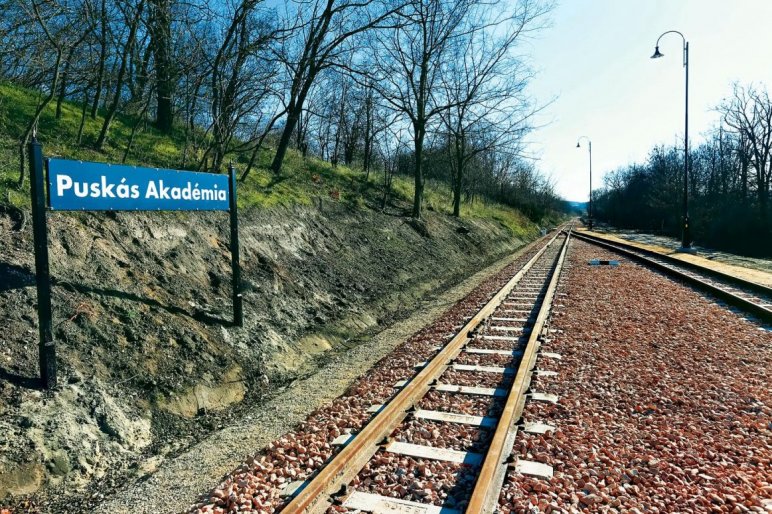The https://english.atlatszo.hu use cookies to track and profile customers such as action tags and pixel tracking on our website to assist our marketing. On our website we use technical, analytical, marketing and preference cookies. These are necessary for our site to work properly and to give us inforamation about how our site is used. See Cookies Policy
Passenger numbers at showcase train line kept a secret
The tourist train operating near the prime minister’s home town was built with a considerable contribution from the European Union. Atlatszo.hu wanted to know how many people are actually using it, but we were denied a response. Based on the premise it is unlikely that turnout is something to boast about.

The nostalgia train in Felcsut, the hometown of Prime Minister Viktor Orban, which is led by his close oligarch friend Lorinc Meszaros is a controversial venture. The project was made a priority investment and was approved €2 million in European Union funding.
We wanted to find out how many people are actually using the train, so we sent our inquiries to the foundation formally operating it. We were rejected based on the argumentation that the foundation doesn’t perform public duties and doesn’t dispose over public money. This is clearly not true, EU funds also constitute public money.
We filed a complaint at the freedom of information authority NAIH. We are confident, since shortly after we were rejected, a separate court case determined that the foundation has to disclose its numbers.
We also approached the Economy Ministry to learn about the commitments Hungary made to the EU when it applied for funding for the train, the ministry failed to even respond to a NAIH ruling. We will likely have to take the ministry to court.
Nonetheless, we still don’t know how many people are actually using the prestige project. Massive crowds would obviously be something to boast about. Apparently that is not the case.
Your support matters
Atlatszo.hu is financed by nonpartisan and non-governmental sources; we do not accept money from state institutions, political parties and affiliates. We rely on support from readers. Donate here.

